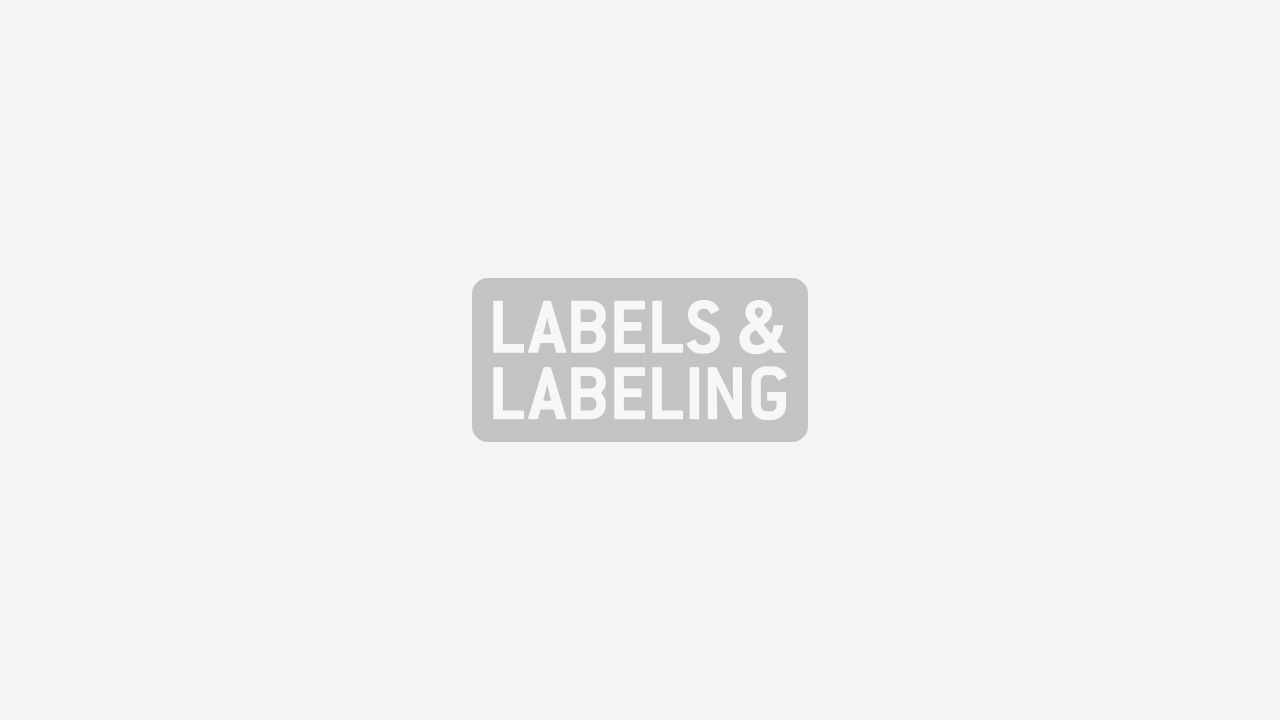BRC product standard cracks America

A British Retail Consortium (BRC) product standard is poised to crack America. A significant new partnership with North America’s leading retail trade association is likely to lead to some of the world’s biggest retailers requiring their consumer products suppliers to show they meet the BRC safety standard.
The BRC and Retail Industry-Leaders Association (RILA) are signing the agreement as parts of new US safety legislation come into force (Tuesday 10 February 2009). The Consumer Product Safety Improvement Act (CPSIA) requires retailers there to sell only products meeting safety standards and obtain certificates of conformity for each batch of imported products.
The BRC standard will help retailers comply with the new regulations which follow a number of incidents in recent years involving the safety of products including toys, cribs, jewellery and computer batteries. Previously individual retailers set and enforced their own standards. Now major names including Costco, Penny’s and Wal-Mart will begin to require suppliers to show they are BRC certificated.
Certification is an effective and cost efficient way for retailers to establish confidence in products and reduces the burden of multiple audits for suppliers. Ultimately it will improve the safety of consumer products for customers.
The support of American retailers is a crucial step in establishing the BRC Consumer Product Standard as a worldwide product safety standard.
Dr Geoff Spriegel, director of BRC Global Standards, said: ‘The complex nature of supply chains for consumer products means that, to be fully effective, the Consumer Product Standard needs the backing of a critical mass of retailers. The support of US retailers provides a major boost to the development of the consumer product scheme which could eventually exceed the uptake of the highly successful Food Standard.’
In 1998 the BRC established a technical standard for retailers to use with food suppliers and manufacturers. Today the majority of UK, and many European and global, retailers will only consider relationships with food suppliers that have this sort of certification. Given the success of the BRC Global Standard for Food, the BRC has established additional industry standards for operations including packaging, storage and distribution and consumer products. Each of these standards is reviewed and fully revised and updated every three years.
Registration of their certification on the BRC database enables suppliers to promote their technical credentials to potential new customers.
Stay up to date
Subscribe to the free Label News newsletter and receive the latest content every week. We'll never share your email address.

